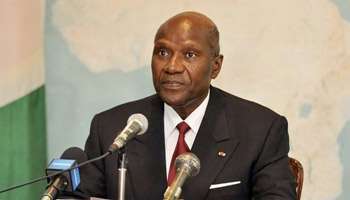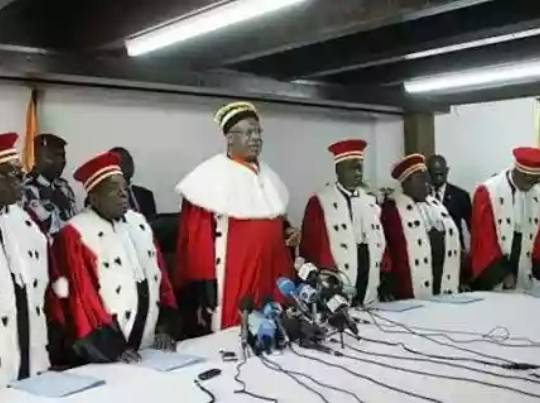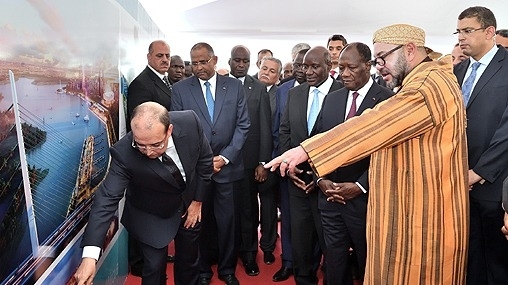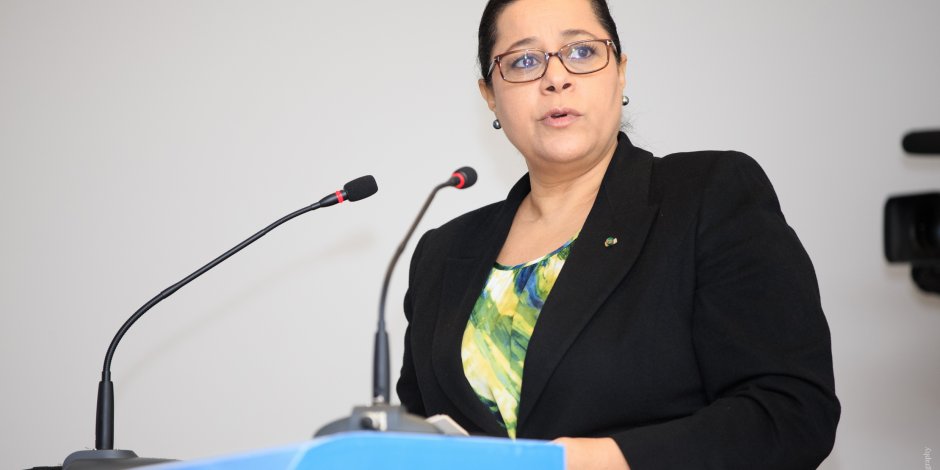 The Vice-President of Côte d’Ivoire, Daniel Kablan Duncan, 77, has resigned from his post. The announcement was made on Monday July 13 by presidential secretary-general Patrick Achi, as the country mourns the Prime Minister Amadou Gon Coulibaly who passed away on July 8.
The Vice-President of Côte d’Ivoire, Daniel Kablan Duncan, 77, has resigned from his post. The announcement was made on Monday July 13 by presidential secretary-general Patrick Achi, as the country mourns the Prime Minister Amadou Gon Coulibaly who passed away on July 8.
“Vice President Daniel Kablan Duncan submitted his resignation to the President of the Republic (…) for reasons of personal convenience on February 27 (…). After several meetings, the last of which took place on July 7, President Alassane Ouattara took note and signed a decree on July 8 terminating Mr. Kablan Duncan’s functions,” said a statement read by Patrick Achi. “The President of the Republic would like to pay tribute to a great servant of the state, a man of power and commitment,” according to the text.
Although rumours of Mr. Kablan Duncan’s resignation have been circulating for several days, his departure remains a surprise. Until recently, Mr. Kablan Duncan was considered close to President Ouattara, even though he belonged to the Democratic Party of Côte d’Ivoire (PDCI), a former ally of Alassane Ouattara who joined the opposition in 2018.
Mr. Kablan Duncan has always been a heavyweight in power, successively holding the posts of Minister of Foreign Affairs (2011-2012), then Prime Minister with the portfolio of economy and finance from 2012 to 2017, before becoming the first Vice-President in the history of Côte d’Ivoire in January 2017, a post created with the new Constitution of 2016.
The resignation of Mr. Kablan Duncan comes as Prime Minister Amadou Gon Coulibaly died suddenly of a heart attack on July 8, a few days after returning from France where he spent a two month convalescence. Mr. Kablan Duncan’s absence at the airport on the Prime Minister’s return had been noted. Ceremonies to pay tribute to the Prime Minister, who is to be buried on Friday, were scheduled to begin on July 14.
The death of Mr. Gon Coulibaly, who had been nominated by Mr. Ouattara as his party’s candidate for the October presidential election, has completely changed the political situation, as the ruling party must now find another candidate. Many believe that President Ouattara, who had announced in March that he would not seek a third term, may finally be a candidate.


